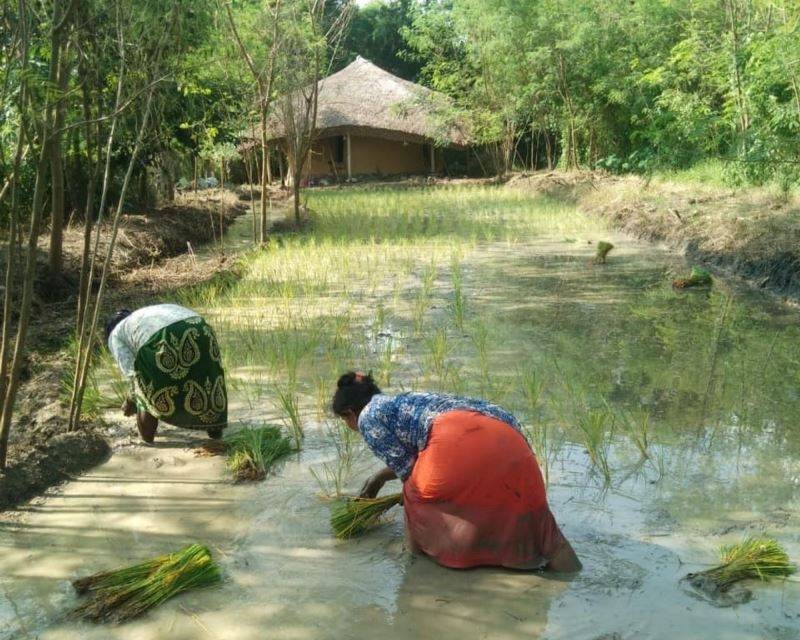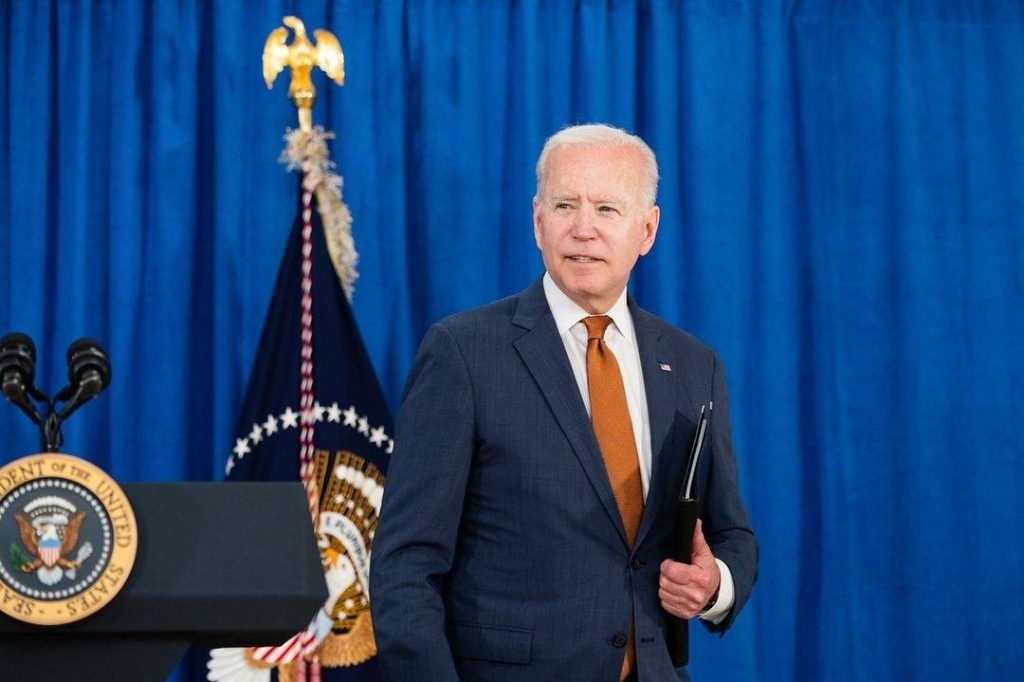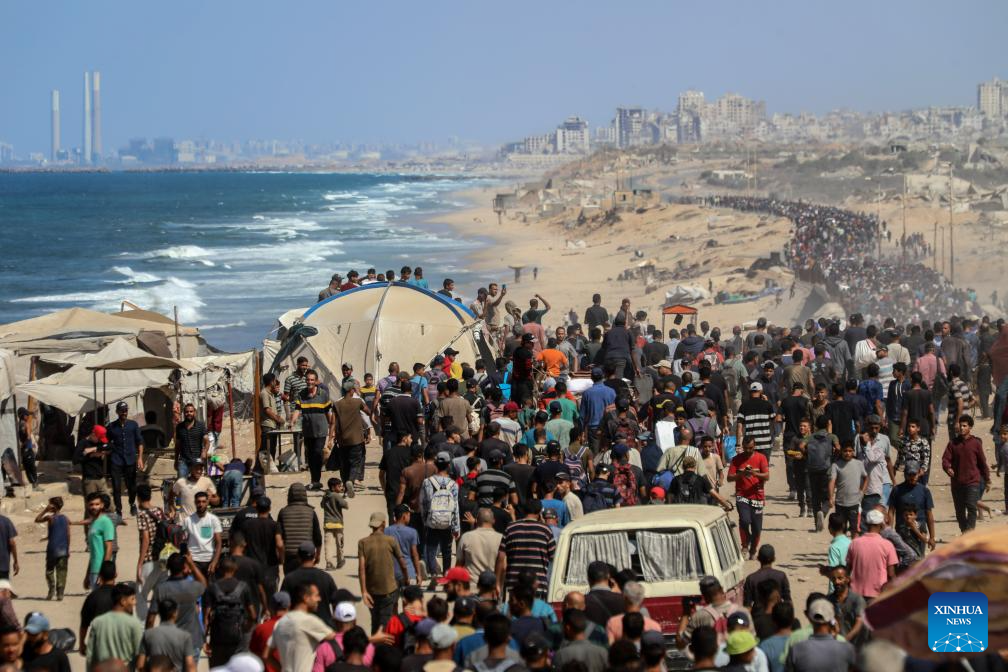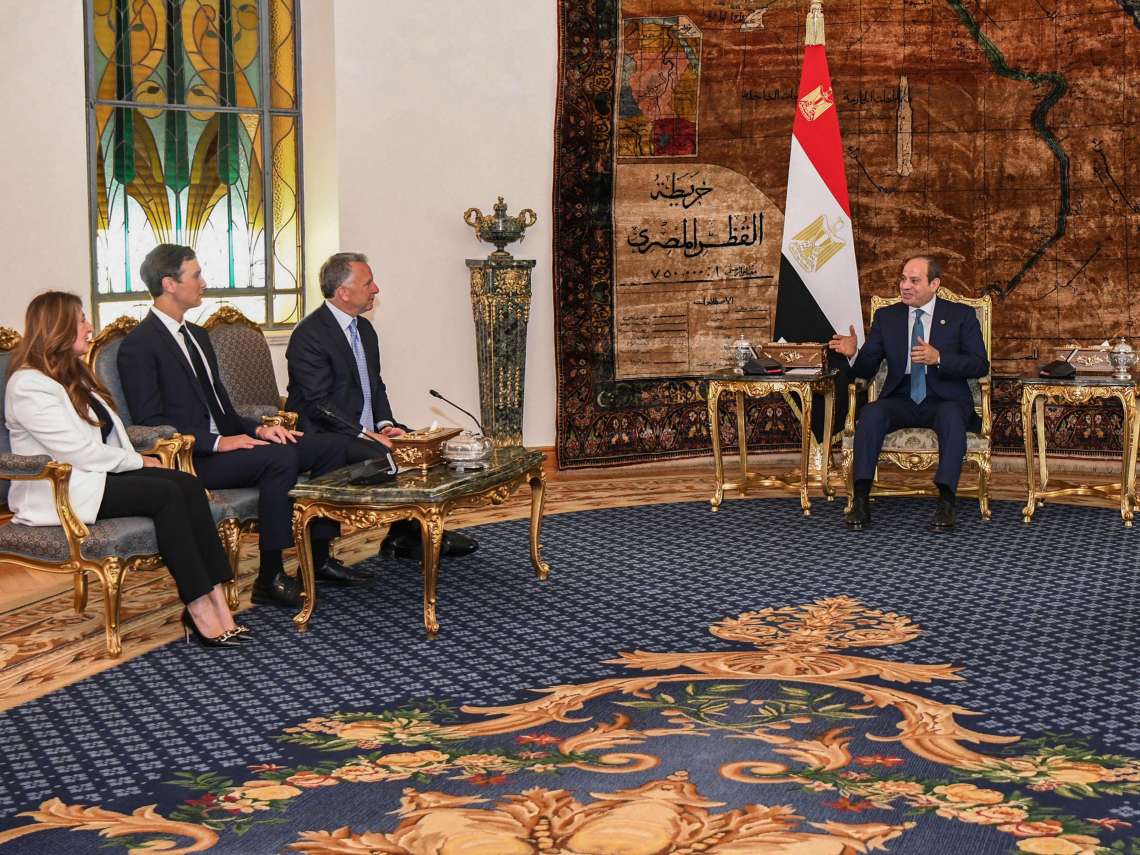Though the G7 has refrained from presenting any anti-China picture, experts said that the initiative is aimed at providing an alternative to Beijing’s moves, reports Mahua Venkatesh
The G7 countries, fresh out of their summit in Cornwall, UK, have spotlighted an arc between Africa and the Indo-Pacific as the space where they wish to expand their democratic footprint amid Chinas rise as a global power.
In a statement, the G7 said on Monday that it will increase its support to the Indo Pacific and Africa, but signalled that grouping was not targeting any specific country, keeping the door open for dialogue.
“We resolve to collaborate with partners around the world, including in the Indo-Pacific and Africa, to actively promote these shared values for the good of all,” said the statement.
Yet, the G7, which comprises Canada, UK, US, France, Germany, Italy and Japan, made it plain that it would remain fixated to its core values of transparency, rule-based conduct of international relations and belief in a democratic political system with the aim of promoting “just, peaceful and inclusive societies.”
The statement signalled that the Cornwall G7 was of pivotal importance, whose message will be amplified in serial meetings, including the G-20 summit in Rome, US Summit for Democracy and generally in the United Nations.
Importantly, the G7 has decided to support US President Joe Biden’s proposal of carving out a mega infrastructure plan under the “Build Back Better World” (B3W) initiative, which according to a Financial Times report, would be based on transparency, sustainability and consultation with local communities a move which will contrast with China’s Belt and Road Initiative, mired in opacity and controversy.
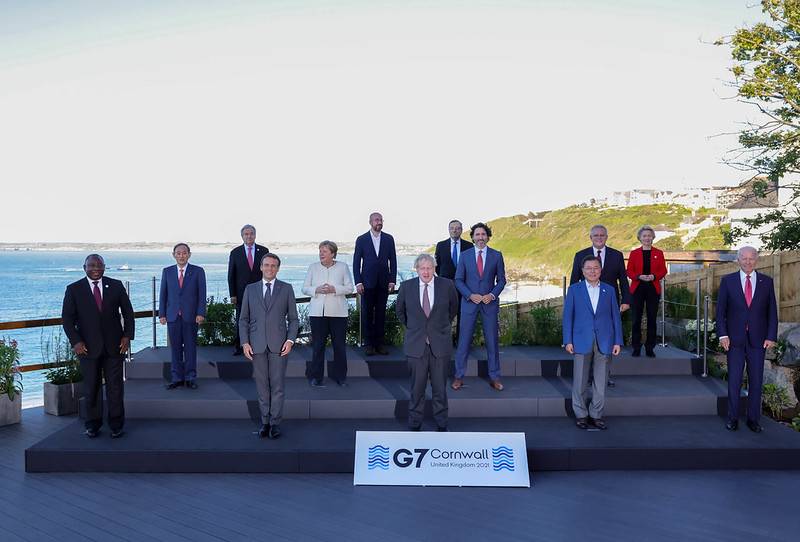
“We resolve to collaborate with partners around the world, including in the Indo-Pacific and Africa, to actively promote these shared values for the good of all,” the statement issued at the end of the summit said, adding that it will continue to exchange information and coordinate effective responses to shared threats to human rights, democracy and the rule of law, such as disinformation and arbitrary detention.
Though China a part of the G20, foreign policy experts said that the issues related to building just and inclusive societies across the world may come up in its meeting.
The Build Back Better World proposal is rooted in the concept of the “Blue Dot Network” — a mega initiative envisaged to bring together public, private and civil society sectors in building and financing quality infrastructure projects. The Blue Dot initiative was first announced by former US President Donald Trump.

While the financing plan of the project is still not clear, the G7 nations “are considering reallocating $100 billion from the International Monetary Fund’s war chest to help countries struggling to cope with the Covid-19 crisis” a Reuters report said. Many experts said this large sum will also be directed in supporting the mega infrastructure plan.
Though the G7 has refrained from presenting any anti-China picture, experts said that the initiative is aimed at providing an alternative to Beijing’s moves.
“Now the G7 has decided to come up with a more concentrated approach to address the threat posed by China. It is a co-ordinated effort which also involves other countries and not just restricted to a few nations,” Shakti Sinha, director at Atal Bihari Vajpayee Institute of Policy Research and International told India Narrative.
India’s role in the Indo Pacific, flagged as a core area of G-7’s interest, likely to be more pronounced in the future.

China, which has extended loans to more than 150 countries under its BRI initiative and otherwise, is currently the largest global creditor. But it is not a member of the Paris Club — an informal group of creditor nations with the aim to strike workable repayment solutions. Beijing is also not part of the Organisation for Economic Co-operation and Development (OECD). Both Paris Club and OECD maintain loan records of official creditors. The BRI has come under the spotlight especially in the wake of the Covid 19 pandemic as several countries fear falling into a debt trap.
A study published by Carnegie Endowment for International Peace last year noted that the rise of China across the Indian and Pacific Oceans challenges the security umbrella established at the end of the Second World War and strengthened after the end of the Cold War. The emergence of the Indo-Pacific as a new geographic space�bringing together the Indian and the Pacific Oceans�represents the new strategic reality, and geo-economic space of the twenty-first century.
(This content is being carried under an arrangement with indianarrative.com)
ALSO READ-China lambasts G7 focus on HK, Xinjiang
READ MORE-Promises on Climate, Covid, Nature Fall Short in G7





